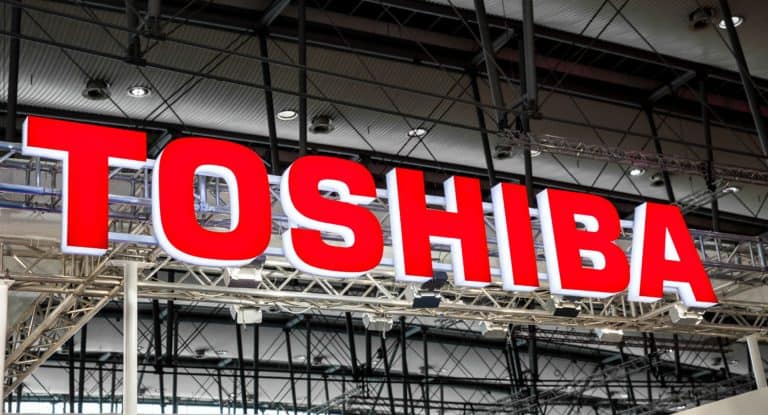Investors are demanding the move, but the Chairman is refusing to go quietly.
Toshiba this week said it will drop two existing directors from its board as major shareholders, according to a report in Bloomberg News. The move is in response to an investor revolt, which demanded accountability after a probe showed unfair practices in last year’s selection process.
The conglomerate won’t put forward the names of Junji Ota and Takashi Yamauchi for another term, it said in a statement after a special meeting on Sunday. It also won’t reappoint executive officers Masayasu Toyohara and Masaharu Kamo, the company said.
A independent probe showed Toshiba sought government help in an attempt to influence a key shareholder vote that installed its slate of directors. The company “devised a plan to effectively prevent shareholders” from exercising their rights at a July 2020 meeting, working with Japan’s trade ministry to counter activist investors, according to the 139-page report released last week and overseen by three lawyers.
Toshiba issued a statement and promised to hold a press conference on Monday, according to Bloomberg.
The Chairman steps up rather than stepping down
However, just a few hours following Bloomberg’s reporting, The Irish Times reported that Osamu Nagayama, Toshiba’s chairman of the board, was pushing back against investor calls for him to resign. According to the Times article, he is blaming the company’s former chief executive for a “confrontational stance” towards shareholders that caused the crisis.
Nagayama apologised at a news conference broadcast online Monday and said there were lapses in governance but added he wanted to stay on and help reconstruct the company’s management. He highlighted what he said were lapses by former CEO Nobuaki Kurumatani. When asked about the responsibility of the former chief executive, Nagayama said, “there was a somewhat confrontational stance towards shareholders brewing from some time ago.” He later added: “That’s an underlying cause in one sense for the current state of affairs.”
